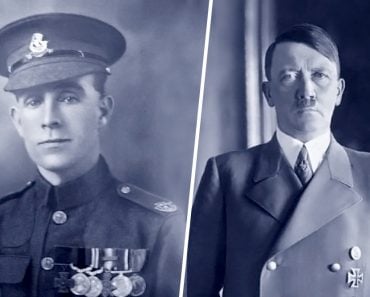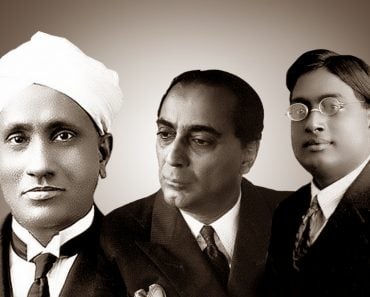Table of Contents (click to expand)
Some of the most famous scientists in history are those who have made inventions and discoveries that have saved millions of lives. These include Edward Jenner, who developed the smallpox vaccine; Jonas Salk, who developed the polio vaccine; and Alexander Fleming, who discovered penicillin. Other scientists who have made significant contributions to saving lives include Sir Ronald Ross, who discovered the link between mosquitoes and malaria, and Alan Turing, whose work helped crack the Enigma code during World War II.
The contributions of science towards the overall betterment of our lives can never be ignored or denied. From smartphones to affordable cars, I can’t even begin to list the inventions and discoveries that make our lives so convenient today. However, apart from these, there have also been innovations that either directly or indirectly played a huge role in saving millions of lives over the centuries.
When it comes to listing the inglorious inventions of science, guns and explosives come to the fore very quickly, but rarely do we praise some of the lesser known scientists and innovators that made/discovered things that protected the lives of millions.
In the realm of saving lives, what better way is there to start the list than with a doctor!
Recommended Video for you:
Edward Jenner
Often dubbed as the ‘Father of Immunology’, Jenner was a British scientist and physician in the 18th century. He is credited with the invention of a vaccine that could provide immunity to a person against smallpox, a fatal ailment that had already claimed millions and millions of lives.
While medical practitioners were busy finding an antidote for smallpox, Jenner observed that milkmaids, i.e. ladies that milked cows, didn’t contract smallpox for some reason, although everyone else was plagued with the disease. Upon further investigation, he found that milkmaids were infected with a different ailment named cowpox, but also that it was much less lethal than smallpox.
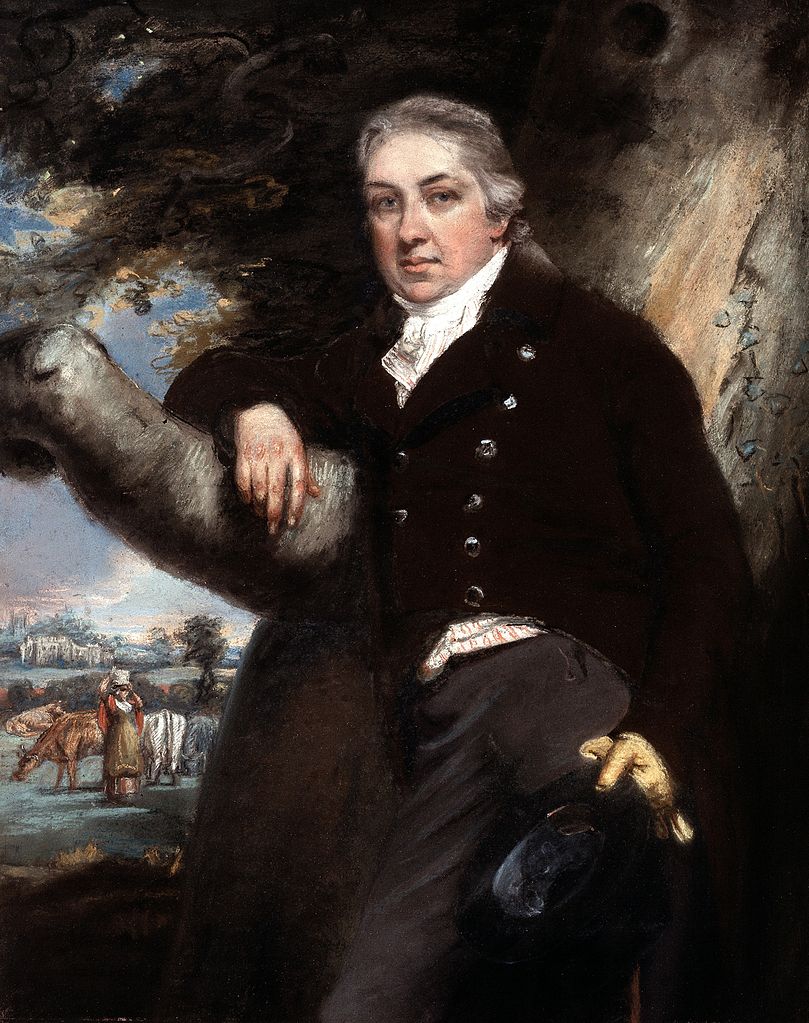
Taking cues from this, he developed a vaccine that infected people with cowpox instead, essentially protecting them against the more severe and harmful smallpox disease.
The smallpox vaccine that was developed is said to be the first vaccine in history. In fact, it’s also said that his work in the field of immunology has saved more lives than the work of any other human on Earth.
Jonas Salk
With polio crippling people, especially children, all over the world in 1950s, this man was the first to discover an antidote to the dreaded disease. Jonas Salk was an American virologist and medical researcher who actively campaigned to make the vaccination mandatory for everyone. He used a destroyed poliovirus to successfully create the first effective vaccine (also known as the ‘killed-virus’ vaccine) against polio.
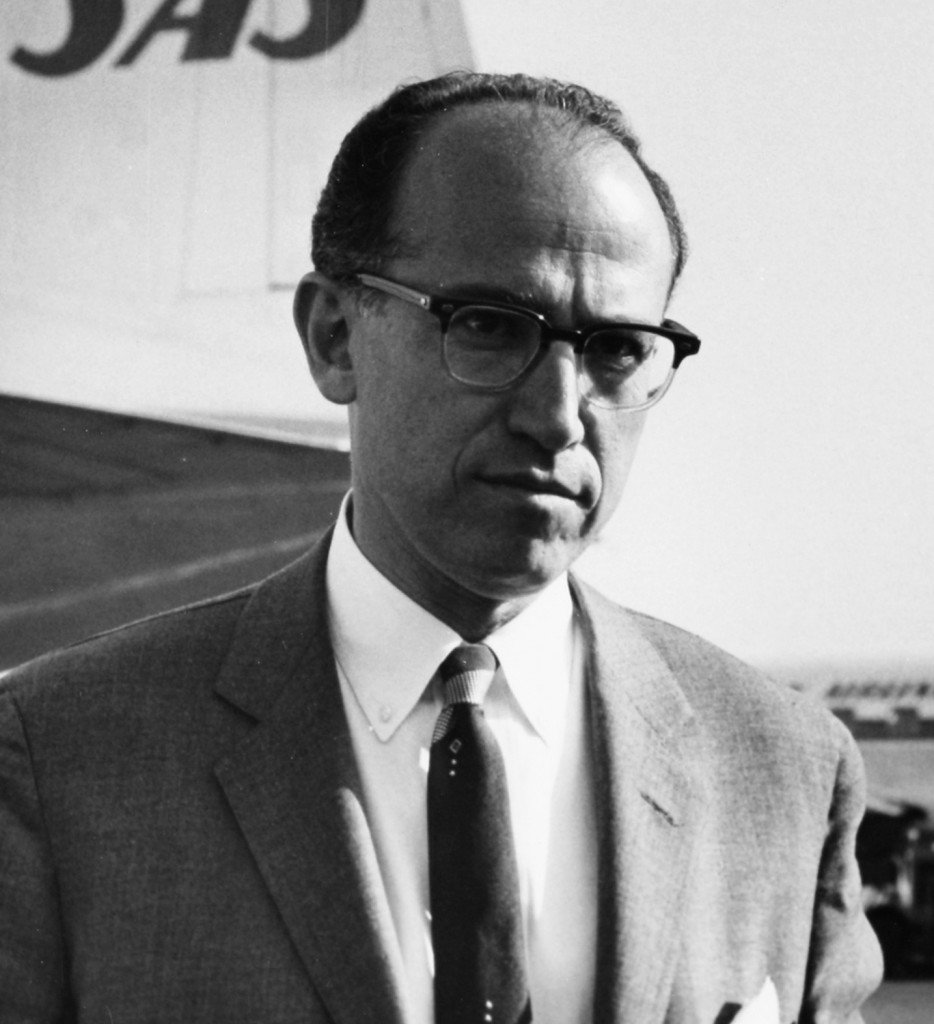
When asked who owned the patent of the vaccine, Salk famously remarked, “There is no patent. Could you patent the sun?” Talk about selfless service to society!
Two years later, however, Albert Sabin made another polio vaccine that used a live, but weakened, form of the virus. His version of the vaccine was equally popular, and was used for mass inoculations of thousands of people. If not for their effective vaccines, millions of people would have succumbed to this disease.
Sir Ronald Ross
A British medical doctor and the first Nobel laureate from Britain, Sir Ronald Ross is known for his work on the transmission of malaria through mosquitoes. He discovered that a mosquito’s gastrointestinal tract contained the malaria parasite, conclusively establishing the connection between mosquitoes and that dreaded disease.
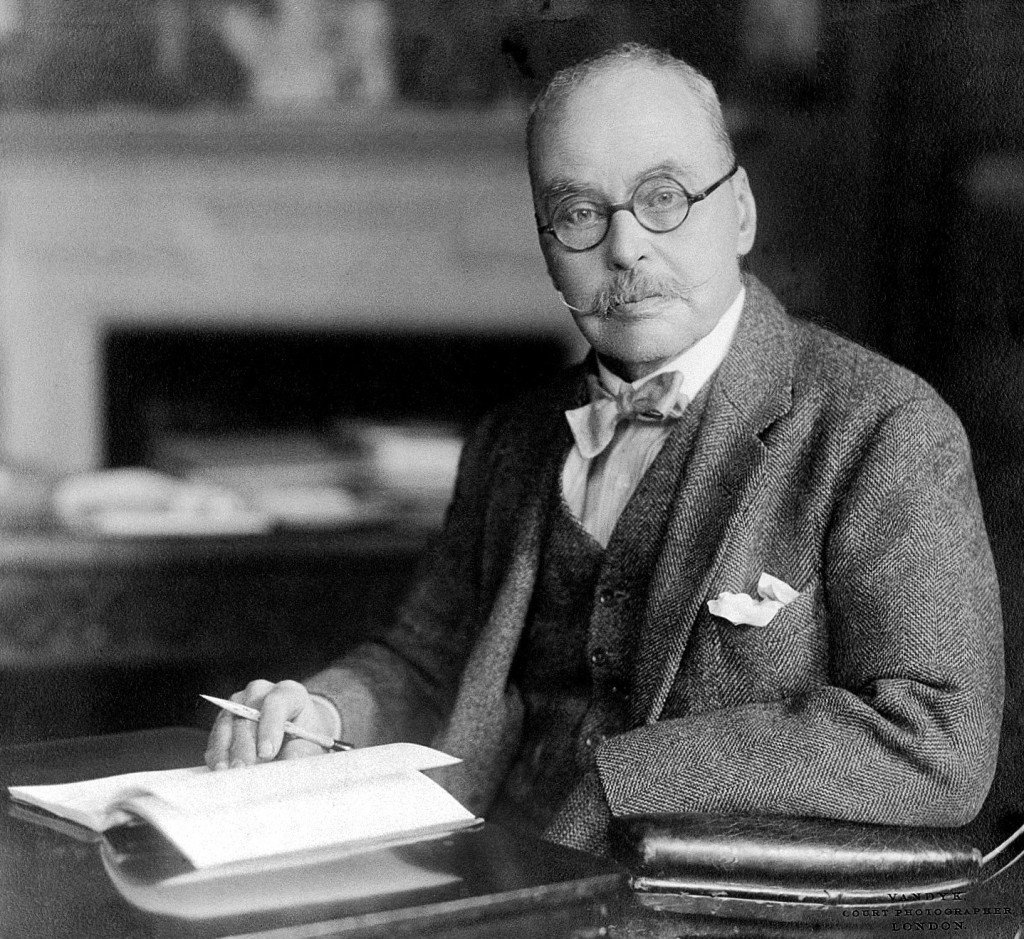
His discovery of the anopheles species of mosquitoes and their tendency to grow in stagnant water not only helped subsequent scientists understand malaria better, but also educated the populace about the basic methods through which the fatal disease could be prevented.
Sir Alexander Fleming
A Scottish pharmacologist, biologist and botanist, Sir Alexander Fleming is known for the invention of the antibiotic substance benzylpenicillin (Penicillin G) from the mold Penicillium notatum and the enzyme lysosome. Penicillin notatum led to the invention of Penicillin – the antibiotic that’s used for countless ailments, including scarlet fever, pneumonia, strep throat, blood poisoning, diphtheria, syphilis, gonorrhea and many more.
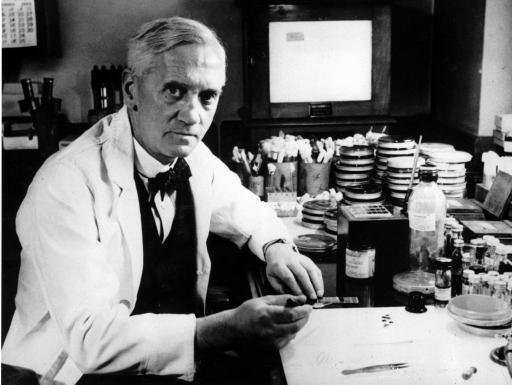
Even more famous is the tale of the accidental discovery that ultimately led to the invention of penicillin. You can read more about that here.
Some of the diseases listed above are amongst the deadliest afflictions we know and they claim thousands of lives to this day. However, thanks to his invention of penicillin, we’ve been able to save more lives than we lost; furthermore, with ongoing developments in medical technology, the antibiotic has become even more effective!
Alan Turing
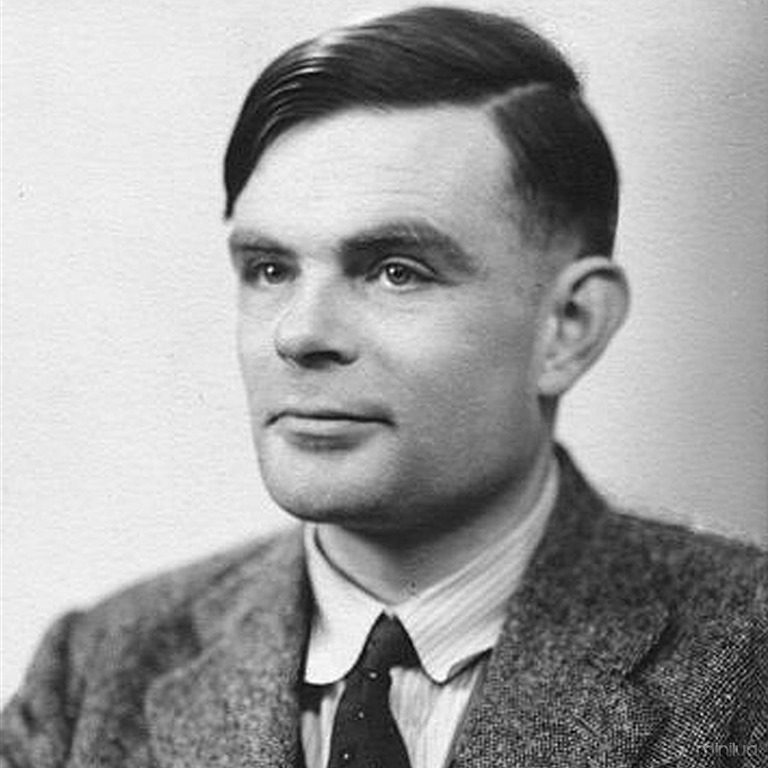
Until now, we’ve only looked at the contributions of scientists and researchers that worked in the domain of health and medicine, but there are also some scientists that saved countless lives through their inventions. Among the countless inventions that directly or indirectly preserved lives, Turing’s Bombe machine deserves a special spot, and therefore, a special mention.
With the second World War raging and the United Kingdom being one of the only countries standing against Nazi Germany’s brutal onslaught in Europe, Alan Turing – a British mathematician and cryptographer – helped crack the Enigma code using his variant of the Bombe machine (which was more effective than the original one developed by the Polish). In case you are unaware, the Nazis used the Enigma code to encrypt the details of highly confidential militaristic operations, so cracking it was probably the single-most important breakthrough in World War II. You can read more about how the Enigma code was cracked here.
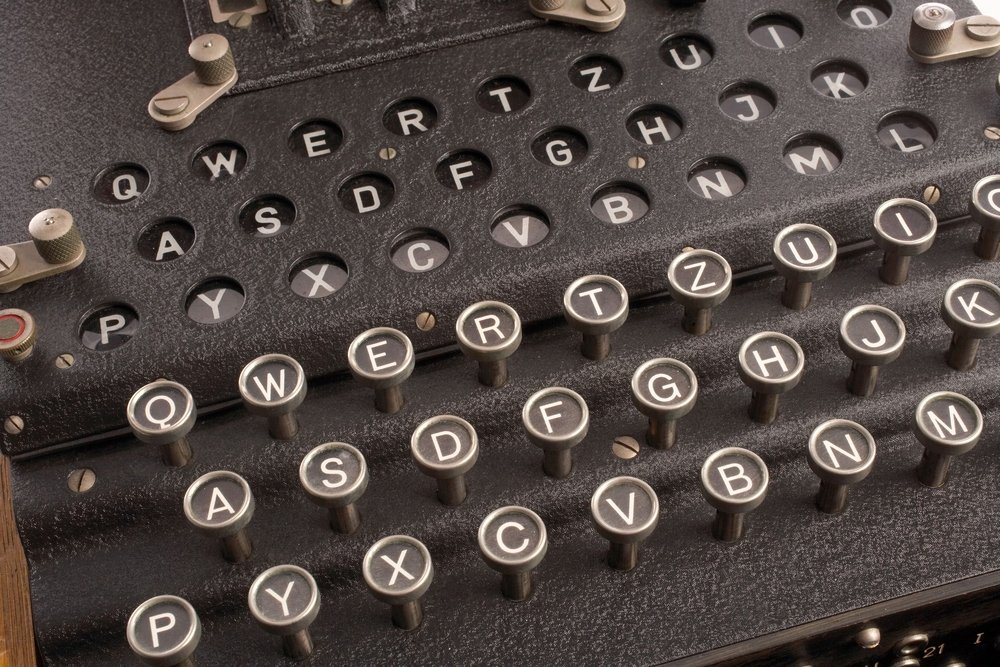
Hundreds of Nazi messages were intercepted by Turing and his team from a secret location in Britain (Bletchley Park), which contributed a great deal towards the Allied victory and saved millions of lives by significantly shortening the war.
This is just a small list (and in no way inclusive of all great contributors to the world) of a few eminent scientists, predominantly associated with the field of health and medicine, whose works aided protecting human lives or averted enormous disasters that could have claimed thousands of lives. I mean, could you ever record the name of every human being that has saved the life of even one other human being? This reminds me of the famous Hebrew adage (also used in The Schindler’s List): ‘Whoever saves one life, saves the world entire‘.




